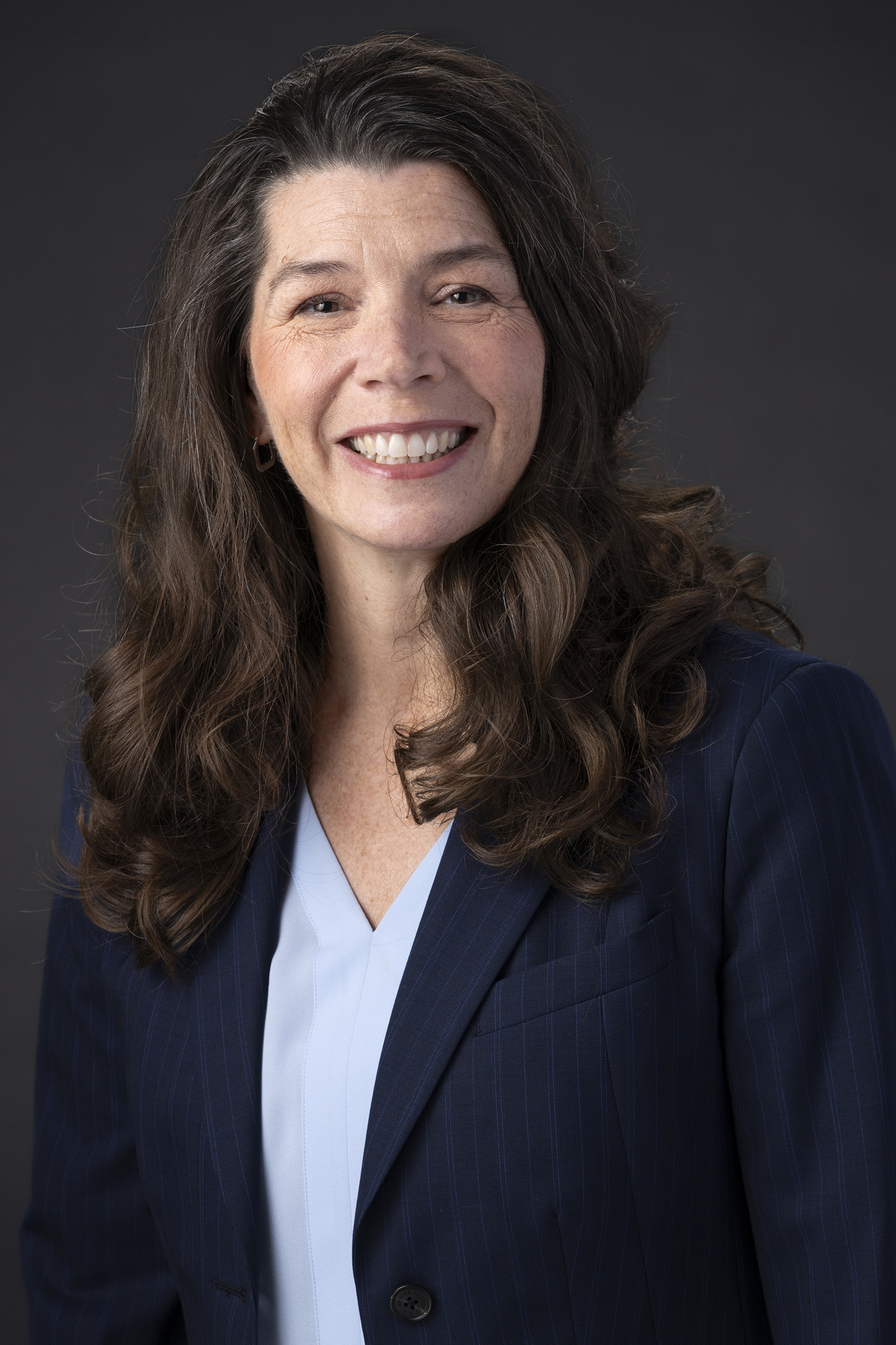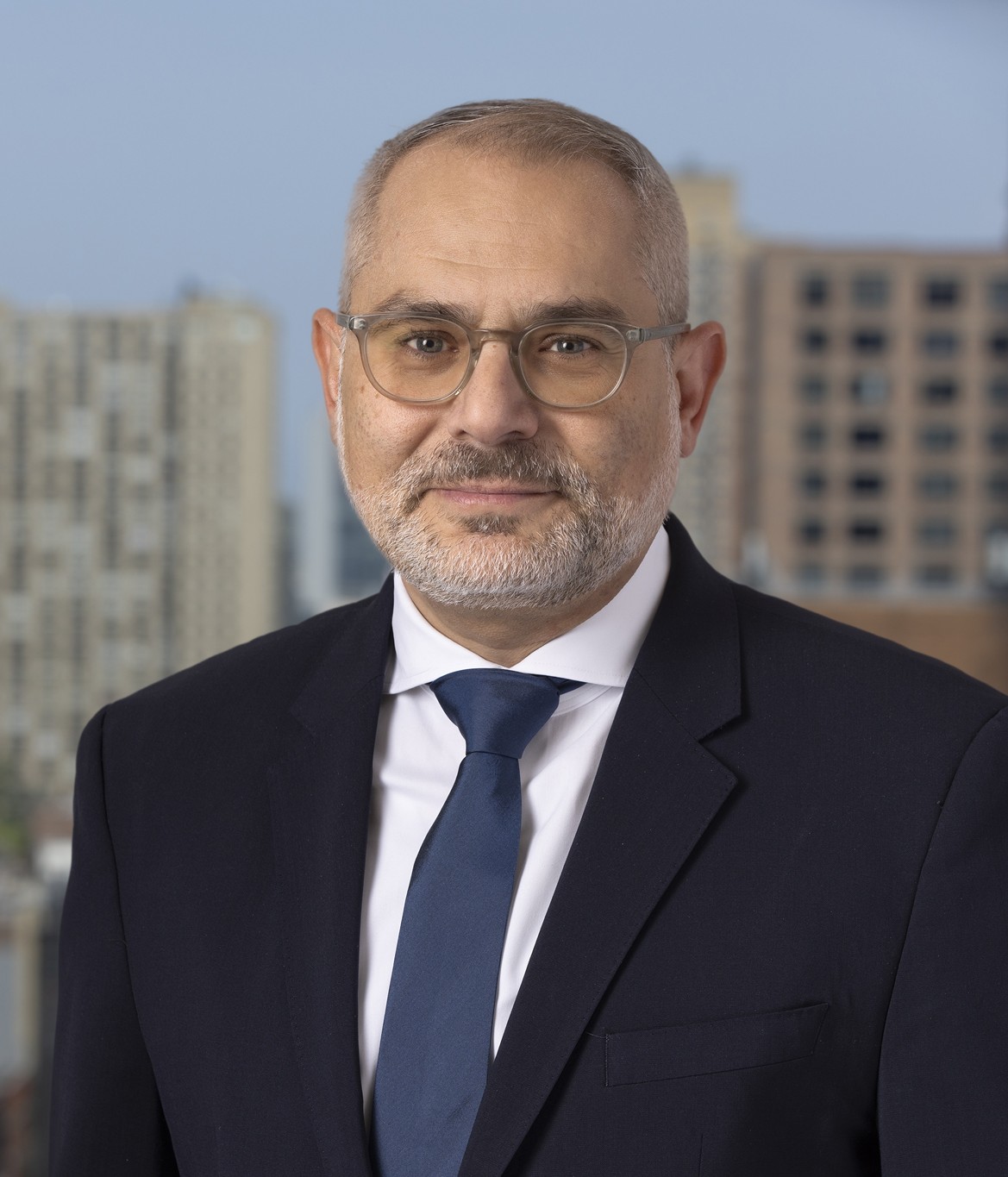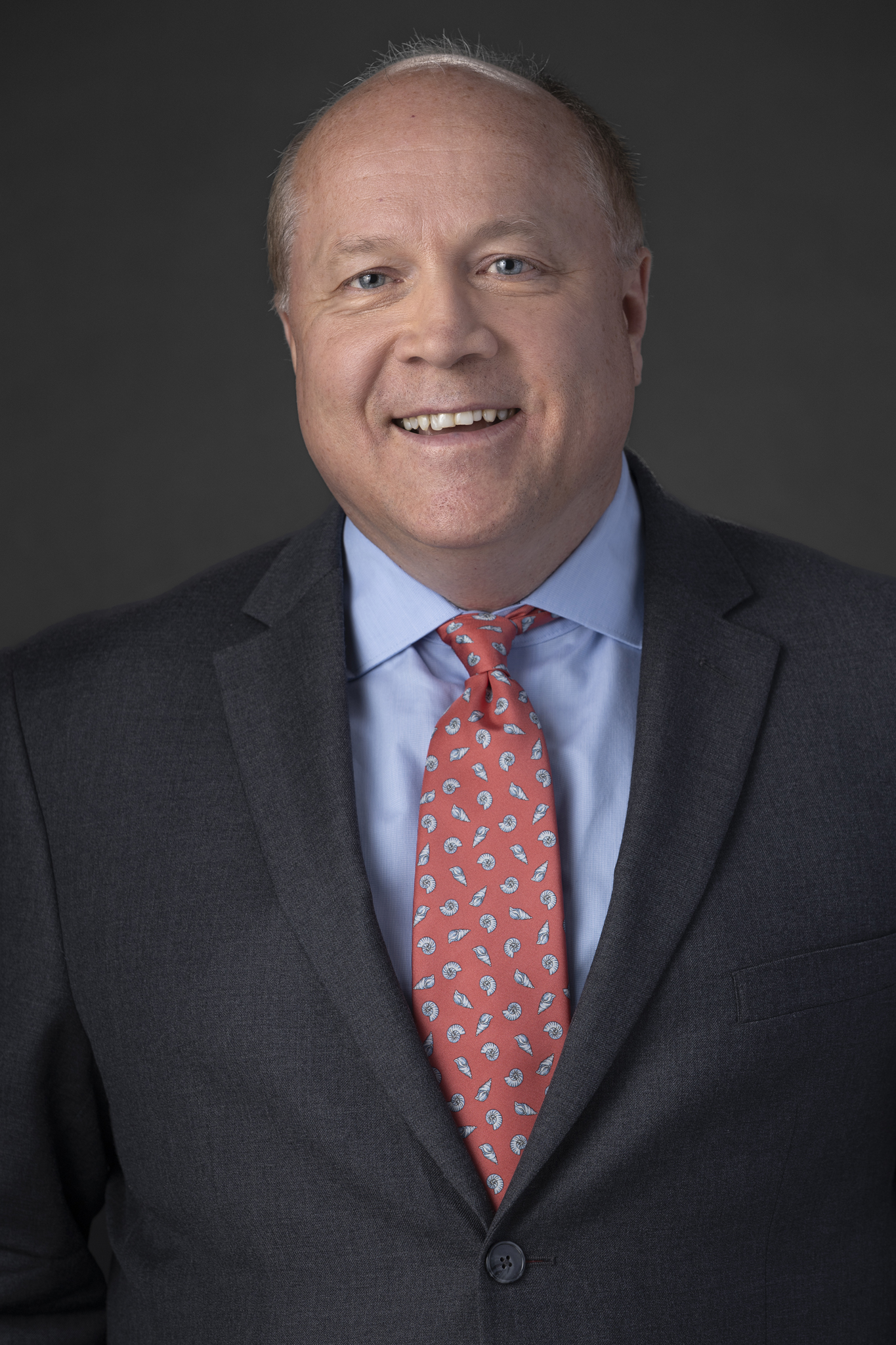Advancing Healthcare through Investment, Information & Philanthropy
Advancing Healthcare® through
Investment,
Supporting companies across the healthcare ecosystem with flexible funding models.
LEARN MORE
Intelligence,
Driving healthcare technology and innovation forward with AI, data, and market research.
LEARN MORE
& Philanthropy
Advancing innovative healthcare initiatives through our New York City-based not-for-profit.
LEARN MORE
Build With Deerfield
We work across the healthcare ecosystem to build companies independently and with strategic partners.
































%2C%20Emily.jpg)
The Latest from Deerfield
Press Release
Deerfield Management and the Deerfield Foundation Announce Third Annual AML Summit and Recipient of American Society of Hematology (ASH) Peter Steelman Scholar Award
Press Release






